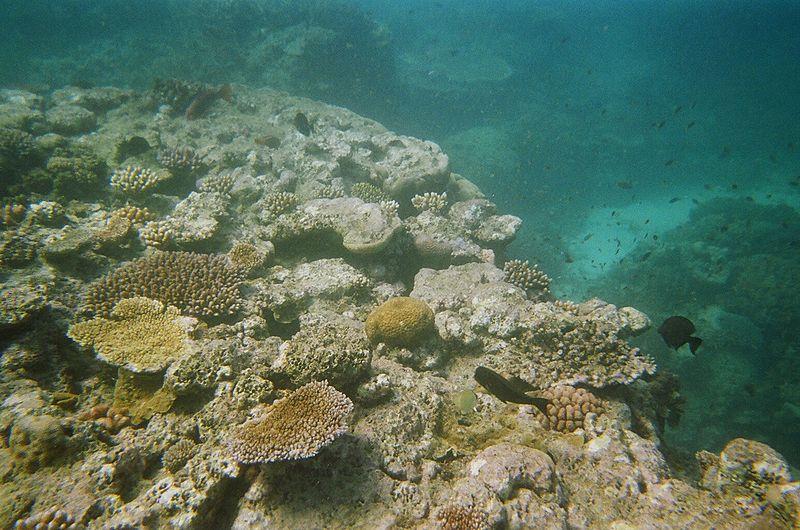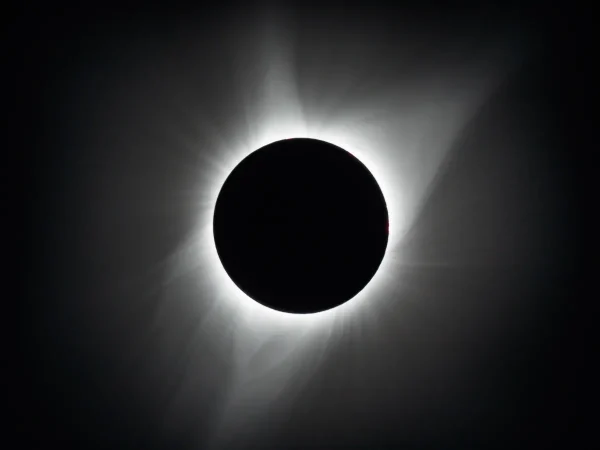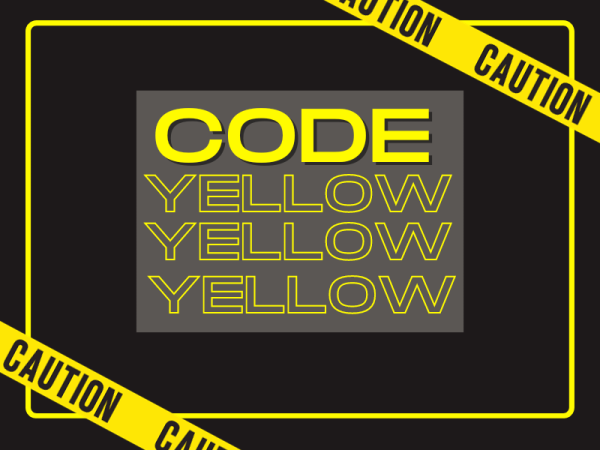The Great Barrier Reef: dead vs. dying
Having undergone massive bleaching in recent years, The Great Barrier reef is in serious danger. After a recent article claiming the reef is dead, there has been massive backlash over if the reef is dead or just on its way there.
October 21, 2016
Environmental advocates and Twitter users alike have expressed their distress over the recent claims that the Great Barrier Reef is dead, but is it really? “Obituary: Great Barrier Reef” is the article published by Outside magazine that claimed one of the world’s most beloved phenomenons had died at 25 million years old after a long illness. The article, published in the style of an obituary, was written to draw attention to the dying, but not dead, Great Barrier Reef. Though the reef is not dead, 93% of the reef is affected by bleaching. Bleaching occurs when the coral is under stress, usually temperature rise caused by global warming, and expels tissue that causes it to turn white. The reef has experienced three bleaching events in a mere 18 years. Besides bleaching, other activities harming the reef are fishing, mining, and the burning of fossil fuels. The article lays major blame to the Australian government, who has made little attempt to advocate or bring attention to the issues in the reef. The Australian government recently convinced the United Nations to take a chapter about the reef out of an upcoming report on climate change from World Heritage Sites, claiming it would hurt tourism.
Things are not all doom and gloom for the Great Barrier Reef…at least not yet. There are many things that can be done to save this natural wonder. The Australian government released the first Reef 2050 Plan annual report, which reveals the government has made a two billion dollar investment in March 2015 to make efforts to preserve the reef and has accomplished 29 of its 151 planned actions. Despite this, there are still many issues that need to be tackled: some of which include improving water quality, limiting exploitation of the reef, and making bigger efforts to stop climate change. Junior Lauren Stiller says, “Not only is the Great Barrier Reef a beautiful place to visit, the reef provides a habitat for millions of marine creatures, protects the coastlines, and operates as a complex ecosystem with incredible biodiversity. Losing the Great Barrier Reef would mean losing thousands of species and a global symbol of natural beauty.”
Though Outside magazine’s article was satirical, it caused major backlash on social media. The article’s blunt and devastating claims quickly alarmed the social media community, many users taking the article at its face value and expressing their outrage about the reef being dead. Scientists quickly stepped in to correct the belief that the reef was not dead, while using the attention to educate people on the urgency of the reef’s problems. Though the article brought attention to the issue, there is still much more work to be done. The reef is not past the point of no return, but it is on its way there.





















